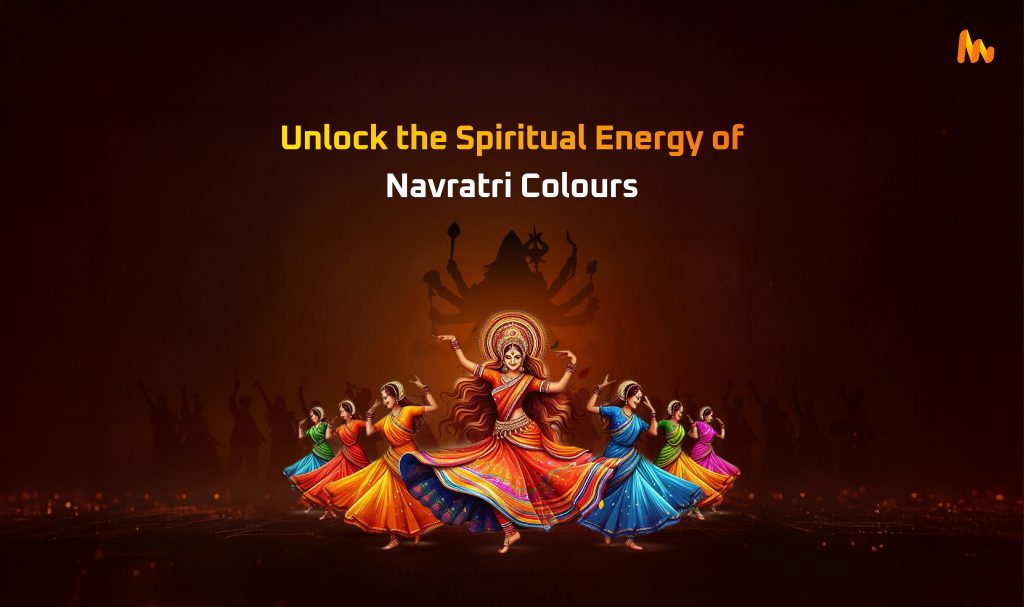Astrology has been a guiding force for many people , offering insight into human behavior, relationships, and life events.
Astrologers around the world practice various types of astrology but Vedic and Western remain two of the most well-known systems.
Though both systems share a common goal of understanding the influence of celestial bodies on our lives, they differ significantly in their approaches and methods.
In this blog, we’ll explore the key differences between Vedic and Western astrology, helping you understand which system might resonate with you.
What is Vedic Astrology?
Vedic astrology, also known as Jyotish or Indian astrology, has its roots in ancient India, dating back thousands of years.
The term “Jyotish” translates to “science of light,” referring to the study of celestial bodies.
One of the unique aspects of Vedic astrology is its focus on the Moon. The Moon’s position at the time of birth plays a crucial role in shaping an individual’s personality and life path.
Vedic astrology also employs the Dasha system, which divides life into periods ruled by different planets, helping astrologers predict major life events.
What is Western Astrology?
Western astrology, also known as Tropical astrology, is based on the tropical zodiac, which is aligned with the changing seasons.
This system originated in ancient Greece and Rome and is the most commonly practiced.
In Western astrology, the Sun is the primary focus, and the Sun sign (the zodiac sign the Sun was in at the time of your birth)
This system divides the sky into 12 equal sections, corresponding to the 12 zodiac signs.
The Key Differences Between Vedic and Western Astrology
Here’s a quick comparison to highlight their key differences:
| Aspect | Vedic Astrology | Western Astrology |
| Zodiac System | Uses the sidereal zodiac, based on the actual positions of the stars, accounting for the precession of the equinox, causing a slight shift in signs over time. | Uses the tropical zodiac, based on the position of the Sun relative to the Earth’s seasons, not accounting for the shift in the Earth’s axis. |
| Planetary Positions | Focuses on the actual positions of the planets in the sky at the time of birth, with precise calculations. | Primarily focuses on the symbolic positions of the planets, emphasizing personality and ego. |
| Chart Calculation | Involves complex calculations using Nakshatras (lunar constellations) and divisional charts, providing a detailed analysis of life events. | Focuses on the 12 houses and the planets in those houses, with a greater emphasis on psychological traits and personal development. |
| Dasha System vs. Transits | The Dasha system divides life into planetary periods influencing various life aspects. Each Dasha period is ruled by a planet, with long-term effects. | Relies on planetary transits and progressions to predict life events, focusing on how planets move through the zodiac in relation to the natal chart. |
| Role of the Moon and Sun | The Moon plays a central role in shaping personality and predicting life events, with its position at birth crucial in determining emotional nature and life path. | The Sun is the primary focus, representing the core personality, ego, and sense of self. |
| Astrological Houses | While there are 12 houses, Vedic astrology places significant importance on divisional charts, breaking down life areas in more detail. | The 12 houses interpret various life aspects (e.g., relationships, career) with a focus on psychological and emotional traits. |
How Vedic and Western Astrology Affect Personality Analysis
Both Vedic and Western provide valuable insights into an individual’s personality, but they approach it differently.
- Vedic astrology offers a more spiritual and psychological perspective, delving into the emotions that shape a person’s life. It tends to focus on the inner self, helping individuals understand their deeper motivations and life purpose.
- Western astrology, on the other hand, emphasizes the ego and personal traits, offering a more practical and psychological analysis
Which One is More Accurate; Vedic or Western Astrology?
Both Vedic and Western astrology claim to offer accurate predictions, but their accuracy depends on the astrologer’s expertise.
Vedic astrology is considered precise due to its use of the sidereal zodiac, which aligns with the actual positions of stars. It’s believed to offer more accurate predictions based on the movements of the planets.
Western astrology is more widely practiced and can offer valuable psychological insights, but some believe that it’s less accurate in predicting future events.
Practical Application: Which One Should You Follow?
Choosing between Vedic and Western,ultimately depends on what you’re seeking
If you’re looking for spiritual growth and a deeper understanding of your karmic influences, Vedic is on the top list.
However,if you’re interested in personal development Western, may be the better option.
Conclusion
Vedic and Western astrology are both powerful tools for self-discovery, each offering unique insights into the human experience. Together, these systems provide a more holistic understanding of yourself and the universe.
It isn’t just about predictions; it’s about fostering self-awareness, promoting personal growth, and empowering you to make informed decisions.
If you’re looking for deeper understanding and personalized guidance, VedVaani offers tailored Vedic knowledge insights to support you on your path of self discovery.





